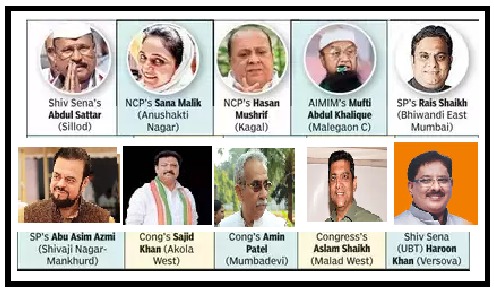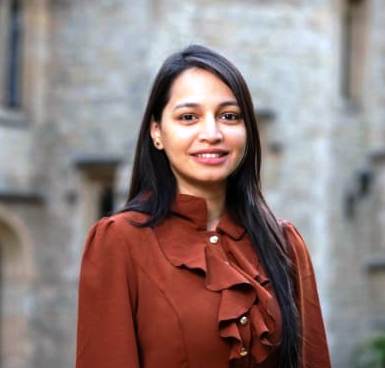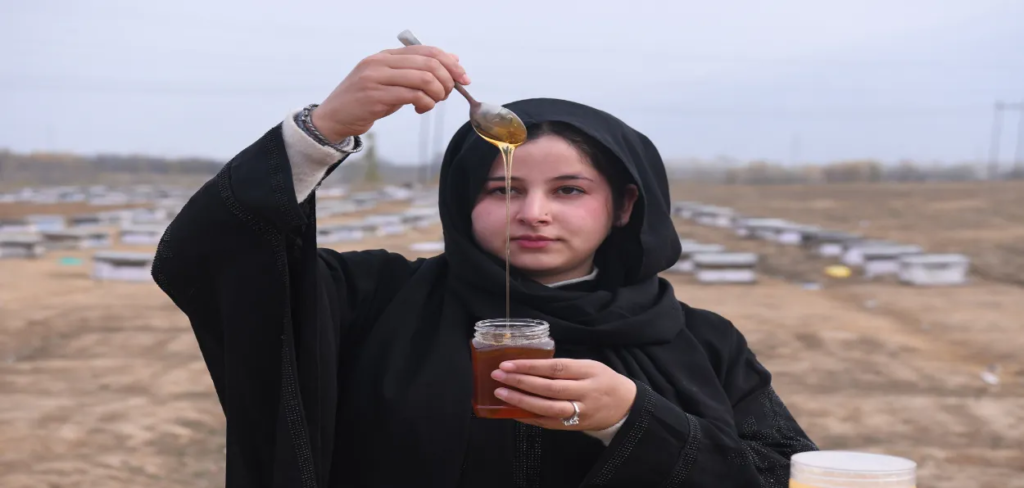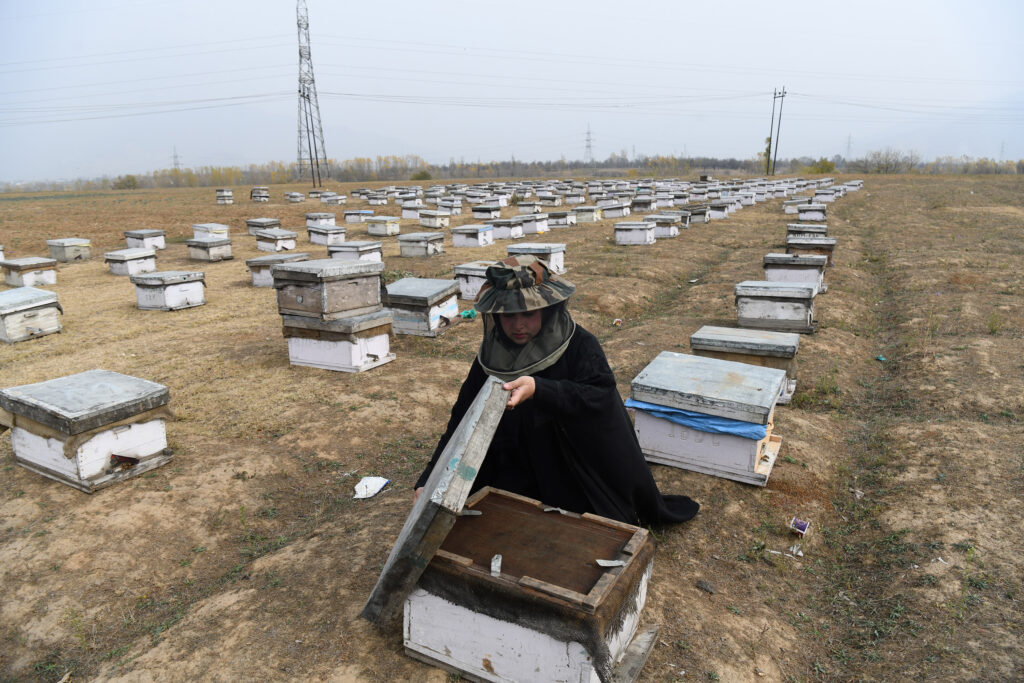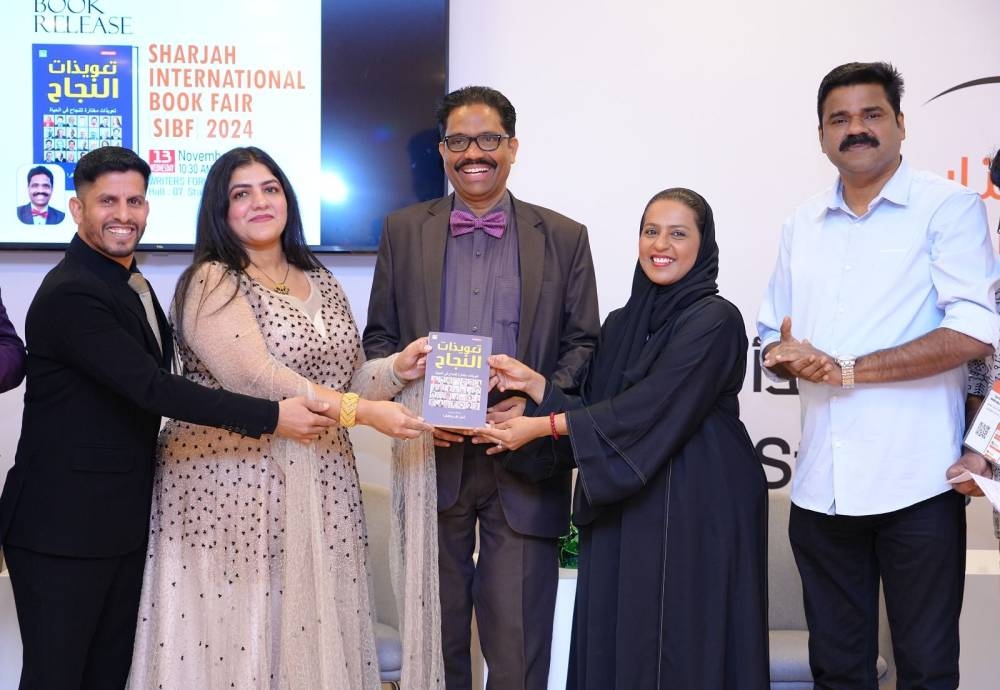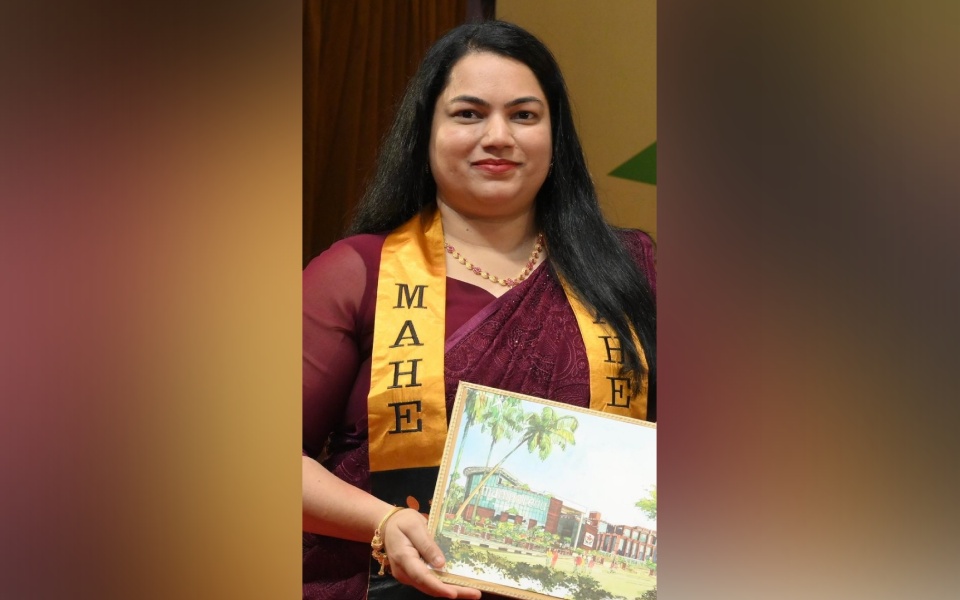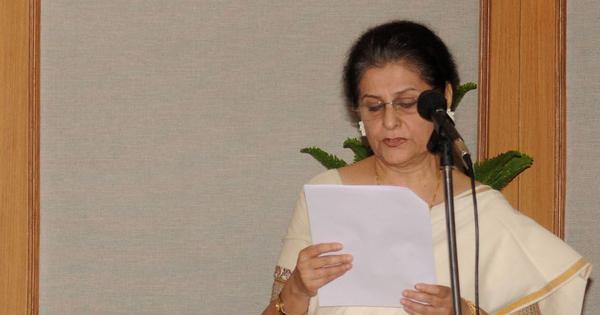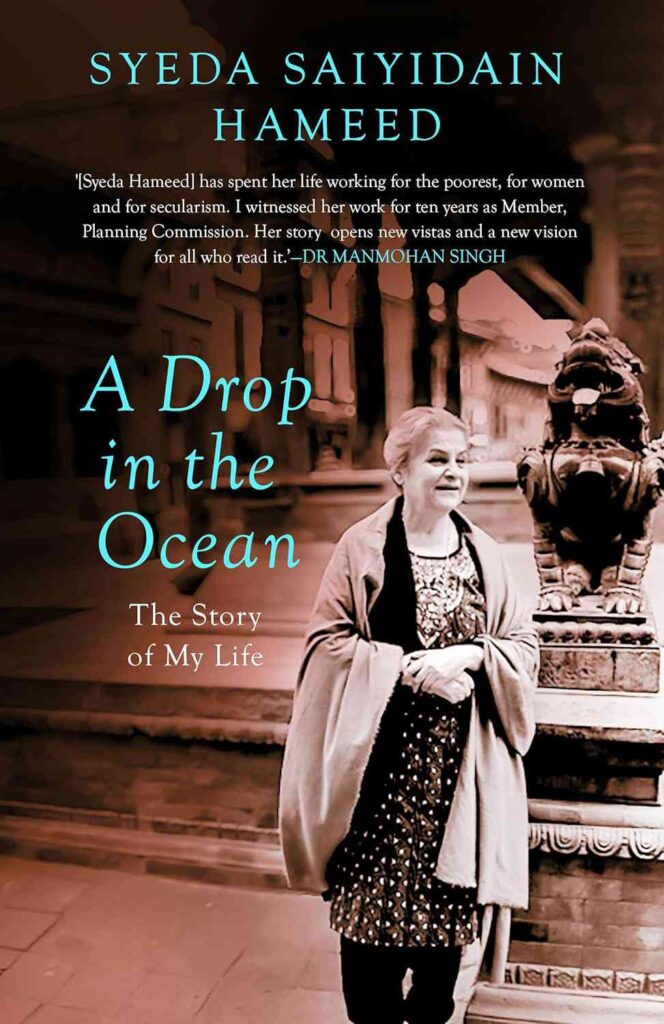Kollam, KERALA / Sharjah, U.A.E :

Thahaani Hashir released her 3rd book at the SIBF on Sunday afternoon. Kamal Kassim/Gulf today
Sharjah International Book Fair (SIBF) on Sunday was full of hustle and bustle. Lots of beautiful minds landed in Sharjah to regale audiences in the evening.
Celebrated Indian writer Chetan Bhagat inspired his fans, while Bollywood star Huma Qureshi mesmerised her audience. Malayalm actor, author and presenter Aswathy Sreekanth also arrived at the book fair on Sunday evening to talk about her latest book “Kaali.” She also enchanted her fans with her exciting talk.
On the other side, Writers Forum of the SIBF was swarming with school-going children in the afternoon. They were all chirping and giggling with excitement and joy. They were at the venue to cheer their young friend and classmate Thahaani Hashir. Thahaani’s journey to the world of writing is indeed incredible. Her brush with pen and paper started very early in life.
We expect a 16-year-old student to read books to develop his or her intellect, but Sharjah-based Indian student Thahaani Hashir was gracing the podium of SIBF with her third book of poetry, “Made For Love,” in the presence of a huge gathering, who were constantly clapping for this young girl. It was indeed a moment to behold.
Thahaani is an 11th grade student of Our Own English High School, Sharjah. Born and brought up in the UAE, she hails from Kollam, Kerala, India.
Thahaani made her debut at the age of 10 with her book “Through My Window Panes.” The book was released in 2018 and she became the youngest author at the SIBF. She received lots of praise for her debut book. Her second book of 30 poems “Flames That Never Died” came in 2021, while she was 13.
Talking to Gulf Today before the launch of her book, she said, “I always had the habit of writing. I must have been six years old when my class teacher noticed the talent in me. I would write short stories or something in song format. I did not know then how a poem looks like. But it was my class teacher Madhavi ma’am who saw this talent in me and she encouraged me to carry on and that’s how I got into writing.”
Thahaani’s ability to express her emotion with so much of maturity at this age is what makes her a shining star.
“Made For Love” is a compilation of 60 poems written by Thahaani Hashir and illustrated by Ashar Gandhi. Each of the 60 poems are depicted through one line illustration (entire illustration is drawn with a single continuous line, the pen is only lifted when completed). It is a rare occurrence to see all the poems in a book depicted through one line art.
Talking about her book she said, “Majority of my poetry is about love.”
When asked how much time it took for her to complete her third book, she informed, “After my second book, I did not write for a good while for some reason. It could be writer’s block sort of thing. But in the last one year I could find my rhythm back and here I am with my new book.”
When asked to reveal her favourite author, she said, “Palestinian poet and author Mahmoud Darwish is my all-time favourite.”
Daughter of a civil engineer father and journalist mother, Thahaani has received several accolades.
Praising Thahaani, one of her teachers, who was present at the event said, “While she was in Grade 1, she was brilliant in all the subjects. She would always come to meet me with different ideas. Everyday she would write and show to me. I really have no words to express her talent and I am extremely happy to have been her teacher.”
The 12-day cultural extravaganza, organised by the Sharjah Book Authority, is themed “It Starts with a Book,” and has in store 1,357 activities for children and adults alike. It will come to a close on November 17 after playing host to 2,520 publishers from 112 countries.
source: http://www.gulffoday.ae / Gulf Today / Home> Culture / by Raghib Hassan, Staff Reporter / November 14th, 2024

